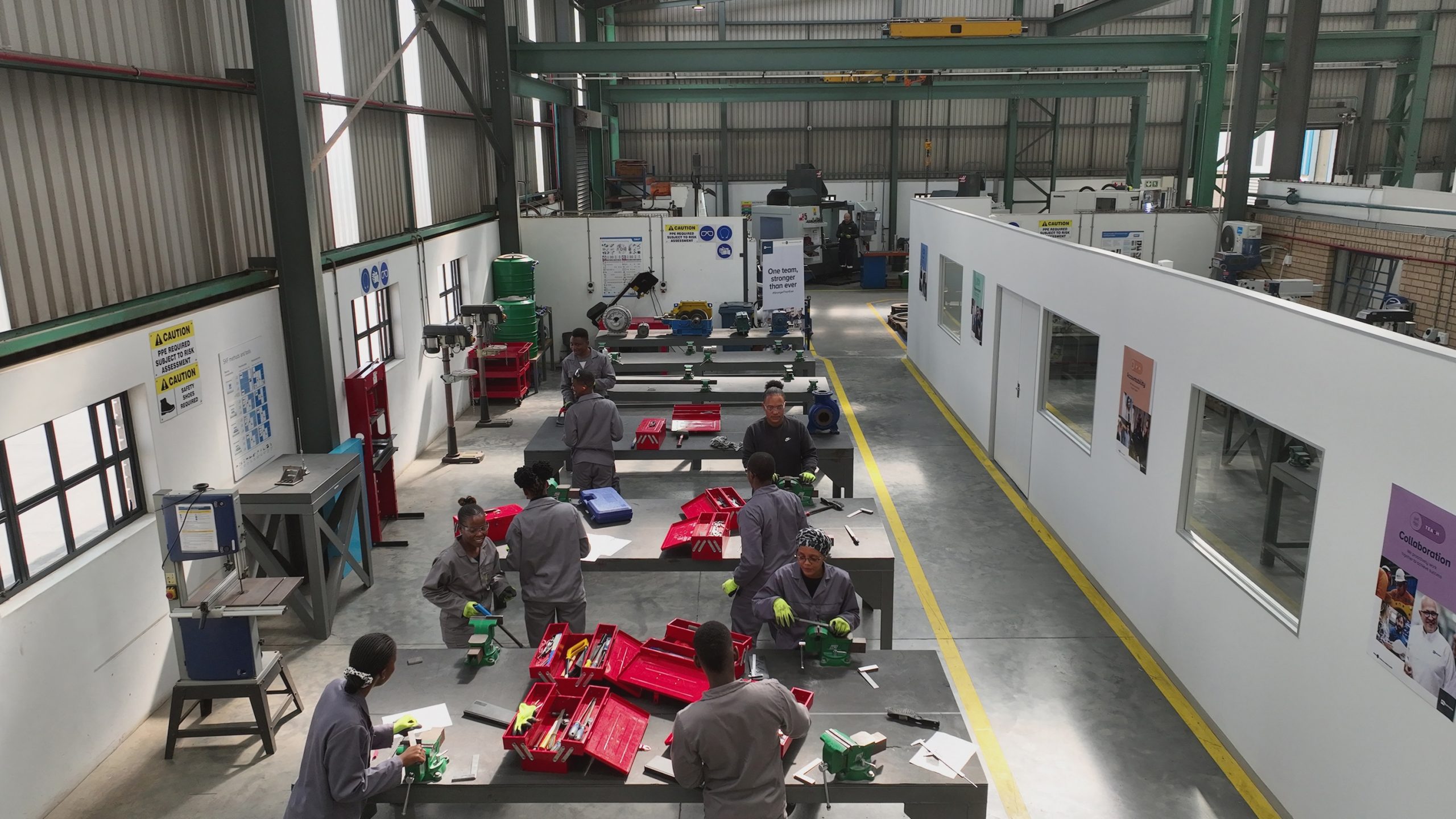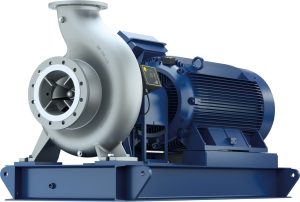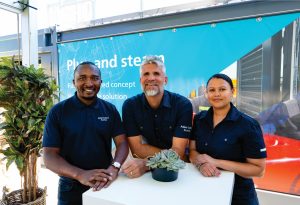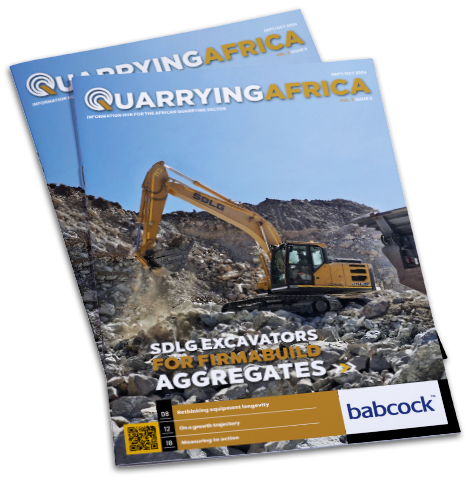In its strategic drive to support customers in transforming their mine efficiency, FLS continues to bring its technical service capability closer to customers’ sites. Head of Field Services Dirk Wesselman explains why this priority is key to achieving optimal equipment uptime.
Being geographically close to customers, says Wesselman, is a vital starting point in providing high quality service support to the mining sector. Based at FLS’s Chloorkop Service Centre in Gauteng, Wesselman highlights that the visibility and responsiveness of the company’s field service technicians underpins its support commitment to customers in Africa.
“Our strategy of continuously growing our service centre footprint, and strengthening the capability of those centres, lies at the heart of operational efficiency and equipment reliability,” he explains. “Having technicians regularly on site with customers means they can frequently check the optimal performance of our crushers, screens and other equipment.”
The service teams support the full range of FLS equipment in fields from liquid-solid separation to crushing, feeding and milling, including high pressure grinding mills, and even laboratory equipment.
“Since the acquisition of TK Mining business, we also continue to support the large installed base of ThyssenKrupp legacy mining equipment in the mining sector,” he points out. “Our presence in key mining regions ensures that we can respond rapidly to customer callouts to ensure minimal downtime. More importantly, our regular on-site presence builds our understanding of customers’ needs – so that we can work with mines to plan maintenance and avoid unscheduled stoppages.”
In addition to facilitating planned maintenance for mines, Wesselman highlights that many customers rely on OEM maintenance contracts with FLS as part of their efficiency programmes.
“These maintenance contracts are drafted to meet the customer’s specific requirements,” he says. “This arrangement puts a skilled team of specialised technicians at the service of the mine to ensure constant monitoring and rapid response. It can also be further enhanced with a ‘reliability engineer’ who focuses on detailed monitoring of all related equipment, to keep it performing optimally.”
Wesselman also highlights the company’s installation, commissioning and maintenance (ICM) contracts, which usually support a ‘plug and play’ plant upgrade involving a filter press or high pressure grinding roll (HPGR).
“Working with contracting houses, we are involved from the manufacturing stage through to installation supervision, cold and hot commissioning, and the ongoing maintenance,” he says.
The collaborative relationship between FLS service centres and mining customers is often built on the regular audits and inspections that the OEM’s technicians conduct on the equipment on-site. This creates the baseline for understanding the equipment’s condition, so that appropriate interventions can be specified to keep the equipment operating at OEM standards.
“We have developed our depth of infrastructure and expertise with exactly this goal in mind,” he says. “With the information gathered from our inspections, we can support customers as they systematically plan and prioritise their repair and maintenance requirements.”
Where components and equipment need off-site repair or refurbishment, these can be taken to the company’s well-equipped service centres where specialised artisans conduct the work with state-of-the-art equipment in accordance with OEM standards.
Philip McCormick, Head of Service Centres – Chloorkop and Stormill, highlights that these centres’ depth of capability represents the company’s commitment to supporting customers with cost effective refurbishment and repair services that can be delivered in short turnaround times. McCormick also emphasises the value of FLS’s Training Academy in producing artisans and technicians who are specialised in the range of FLS offerings.
“With their specialisation in our products, our technicians are also able to identify any non-operational equipment on customers’ sites which could still be refurbished,” he says. “We even have examples where equipment like girth gears and mill drive pinions has not been stored correctly, and now requires refurbishment. Our workshops can add considerable value by restoring these items to functionality, so that they don’t need to be replaced with new units.”





